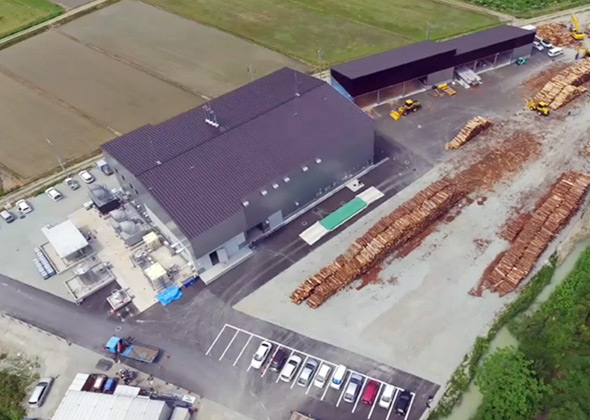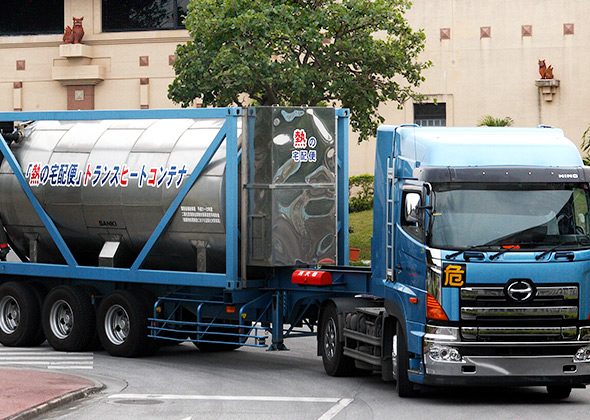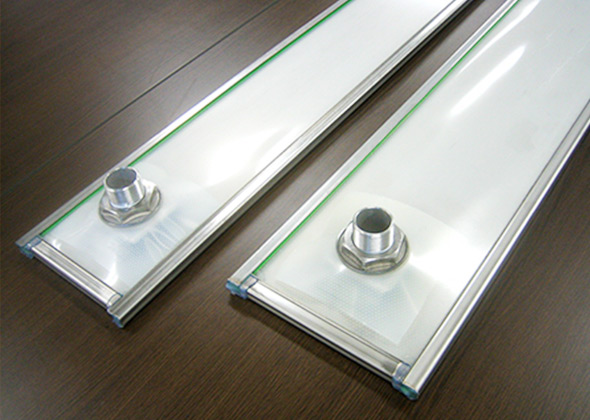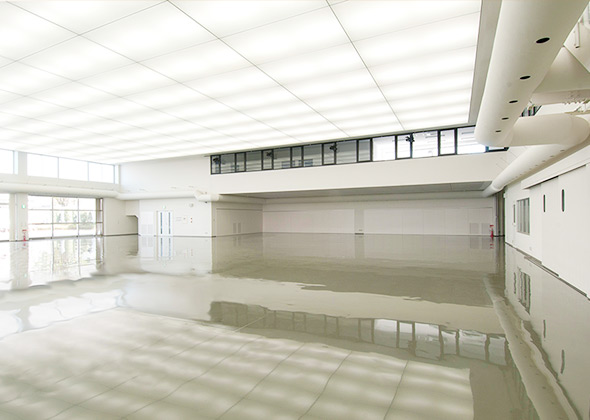Contributing through Our Products and Technologies
Contribution to Decarbonization and the Creation of a Zero-Waste Society
The Sanki Engineering Group seeks to help customers save and generate energy to reduce CO2 emissions and cut lifecycle costs through its business activities by enhancing functionality and comfort through the products and technologies offered by each of its businesses. In our LCE business, we seek to reduce environmental impact across the entire product lifecycle, from planning and design in facilities construction to operational maintenance after completion and also renovation. This assists in shifting to a decarbonized, zero-waste society as well as environmental preservation.
Energy conservation / Energy creation




Initiatives for realizing ZEB (net zero energy buildings)
Sanki Engineering is a registered ZEB Planner, which seeks to promote the widespread introduction of ZEBs*1 introduced by Japan's Agency for Natural Resources and Energy, under the Ministry of Economy, Trade and Industry. As a ZEB Planner, we act as the contact point for customers planning to adopt ZEB in construction projects and play our part in developing a decarbonized society by supporting ZEB planning. In fiscal 2019, we worked on the construction of a ZEB Ready*2 building equipped with highly efficient energy saving facilities. Construction was completed in July 2020.

- *1
- Net-Zero Energy Buildings maintain comfortable environments while reducing annual energy consumption to as close to zero as possible by enhancing energy saving performance using solar power generation and other measures.
- *2
- ZEB Ready applies to buildings that meet the requirement of reducing primary energy consumption by at least 50% from benchmark primary energy consumption without using renewable energy sources
